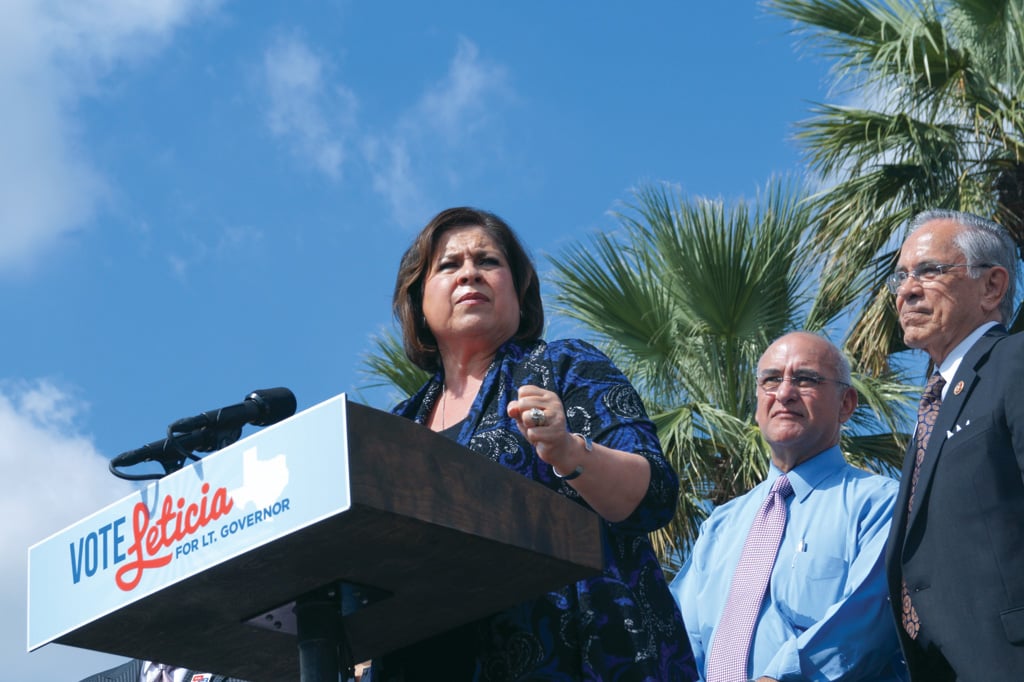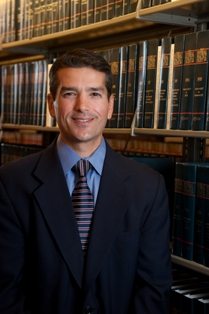
Why Leticia Van de Putte Wants to be San Antonio Mayor

A version of this story ran in the January 2015 issue.
Above: State Sen. Leticia Van de Putte at a campaign rally on the campus of the University of Texas-Pan American.
To the victors go the spoils. To the defeated, San Antonio. So goes the career arc, it seems, of state Sen. Leticia Van de Putte, who recently lost her bid for lieutenant governor. Soon after the election, Van de Putte announced a dramatic change in course: She’d run for mayor of her home city, abandoning an essentially tenured position in the Senate. That decision set off a cascade of political changes in the Alamo City—and illuminates the dilemma of Democratic political talent in Texas.
Van de Putte’s pivot surprised many, and not just because she told the San Antonio Express-News last summer that she’d run for mayor under “absolutely no circumstances.” But it makes sense. If she stayed in the Senate, she’d likely suffer at the hands of Lt. Gov. Dan Patrick, who has pledged to take committee chairmanships away from Democrats. Democratic influence in the Legislature seems on the decline yet again.
But the state’s largest cities shade bluer and bluer every year, and there, the party is at its most vital. The mayor’s office offers a tantalizing measure of executive power, a high profile, and the opportunity to build a useful political base. Some of the most celebrated Texas Democrats are local leaders such as former San Antonio Mayor Julián Castro, Houston Mayor Annise Parker and Dallas County Judge Clay Jenkins.
Van de Putte will face San Antonio state Rep. Mike Villarreal, another party prospect fleeing the Lege. Villarreal, a bright and well-liked figure, suffered through a frustrating session in 2013. As the chairman of the seven-member House Committee on Investments and Financial Services, it fell to him to get payday lending regulations past the committee’s five Republicans—a Sisyphean task.

Villarreal and Van de Putte aren’t the only talented Democrats deciding the Lege isn’t the best use of their talents, but they’re unusual in that they’ve turned to fight each other. Though Van de Putte starts with significant advantages, Villarreal’s early entry in the race means he’s locked up significant donors and endorsements.
As the two take leave of an increasingly one-sided Legislature, though, there are still ambitious figures anxious to overtop the trenches. The special election to replace Van de Putte produced a runoff between state Rep. Trey Martinez Fischer, one of the punchiest Democrats in Texas, and state Rep. José Menéndez, a lower-key figure, with the former the favorite. Villarreal’s seat will be filled by a runoff as well.
If Fischer ascends to the Senate, Democrats will have a champion to spar with Patrick. But the long-term trend will hold: a more partisan Legislature, with fewer ways for Democrats to shine. Can Democrats turn the cities into a launchpad for their statewide aspirations? San Antonio’s Castro cast one vote: He left for a cabinet post in the Obama administration. But Van de Putte, if she wins, may be in a better position to test the proposition.


